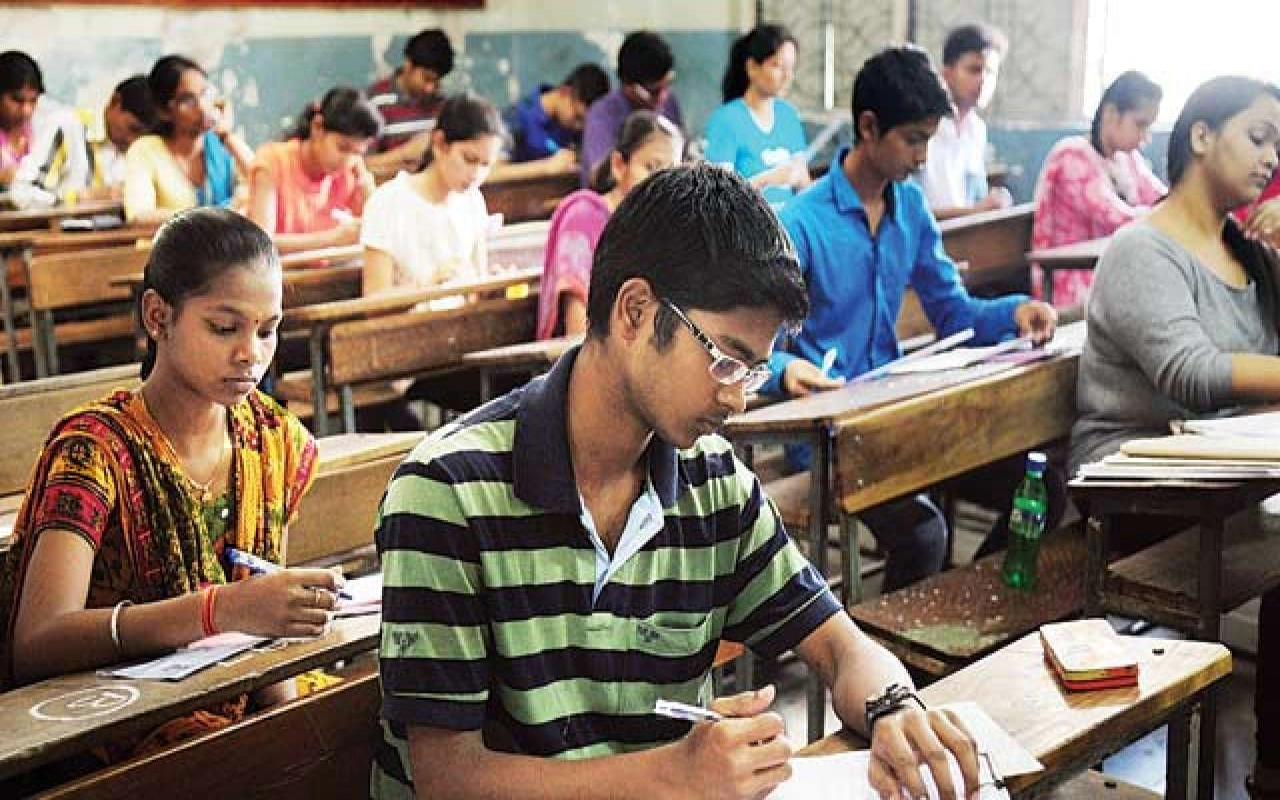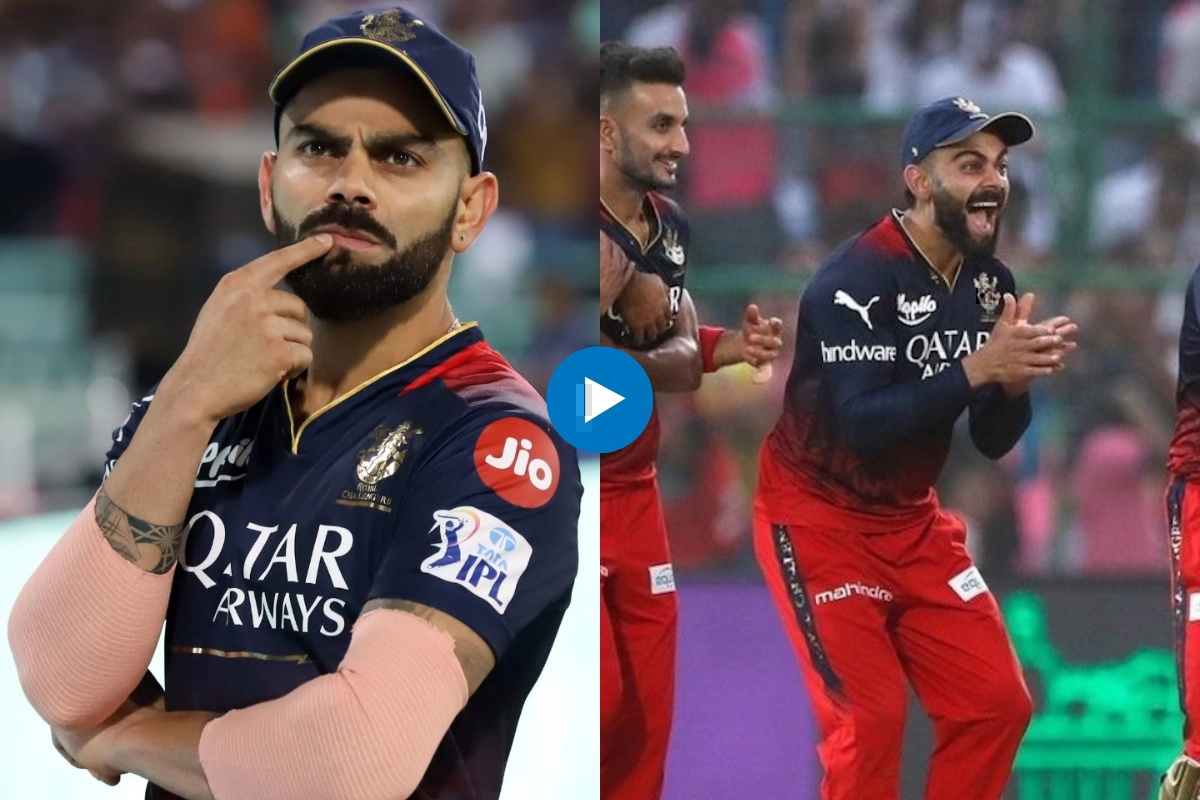The National Medical Commission (NMC) announced that in order to practise medicine in the nation, all doctors will need to get an unique identity number (UID). The NMC’s ethics board will create a special ID, give practitioner registration, and determine if a person is qualified to practise medicine in India.
Creating a Common National Medical Registration (NMR) for All Registered Medical Practitioners in India
According to the NMC announcement “Regulation of Medical Practitioners and Licence to Practise Medicine Regulations, 2023,” the Ethics and Medical Registration Board of the NMC would maintain a common national medical registration (NMR) for all of the country’s registered medical practitioners. Anyone can access the NMR by visiting the NMC’s official website at www.nmc.org.in. The NMR will include information like the registration number, name, father’s name, date of registration, place of employment (hospital or institution), medical degree including any additional medical degrees, specialty, year of passing, university, and name of the institution(s)/university(s) from which the degree was obtained.
Must Read: The Legacy of a Farmer Leader! Remembering Mahendra Singh Tikait on his 12th death anniversary
National Medical Register to be maintained by Ethics and Medical Registration Board
All State registrations maintained by the State Medical Councils will have listings of registered medical practitioners in the national medical register (NMR). The announcement further specifies that the medical licence must be renewed every five years. The practitioner is required to apply for this at the State Medical Council. Three months before the license’s validity expires, a request for renewal of the licence must be submitted. “Our victory margin in the Ghaziabad mayoral election was the largest of any corporation in Uttar Pradesh, and we also won 66 seats—eight more than in the 2017 polls. We calculated that the firm had 65 to 70 seats. If some dissenters hadn’t been present, some of our seats might have been filled. But we drove them out. We have to employ both a firm and gentle strategy. It’s possible that we were unable to adequately evaluate the candidate in some of the races we lost. This occurs,” BJP regional president for western UP Satendra Shishodia remarked.
Must Read: Foxconn to Invest $500 Million in New Hyderabad Production Site, Promises 25000 Jobs
Appeal Process for Medical Practitioners
Within 30 days of receiving a decision from the State Medical Council rejecting their application for a licence to practise or a licence renewal, practitioners may also appeal the decision with the Ethics and Medical Regulation Board. If the EMRB upholds the appeal, it might issue a directive to the State Medical Council authorising the applicant to practise. The State Medical Council is obligated by this order to give the practitioner’s licence within 15 days of receiving it from the EMRB. If the first appeal is denied by the EMRB within 60 days of receiving notification of it from the EMRB, the practitioner may also file a second appeal with the NMC. The original application filed with the State Medical Council, a copy of the communication received from the State Medical Council, a written application outlining the reasons for rejection, and a processing fee payable to the Secretary, National Medical Commission (NMC), must be included with this appeal. The EMRB will then review the appeal and reach a decision within 30 days.
Keep watching our YouTube Channel ‘DNP INDIA’. Also, please subscribe and follow us on FACEBOOK, INSTAGRAM, and TWITTER











